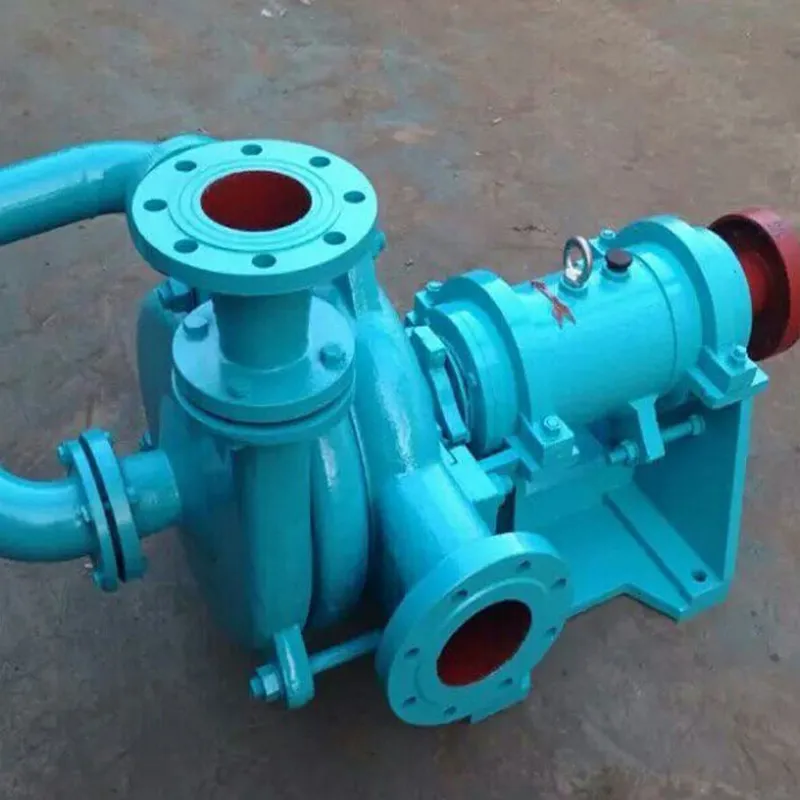Bengali
- Afrikaans
- Albanian
- Amharic
- Arabic
- Armenian
- Azerbaijani
- Basque
- Belarusian
- Bengali
- Bosnian
- Bulgarian
- Catalan
- Cebuano
- Corsican
- Croatian
- Czech
- Danish
- Dutch
- English
- Esperanto
- Estonian
- Finnish
- French
- Frisian
- Galician
- Georgian
- German
- Greek
- Gujarati
- Haitian Creole
- hausa
- hawaiian
- Hebrew
- Hindi
- Miao
- Hungarian
- Icelandic
- igbo
- Indonesian
- irish
- Italian
- Japanese
- Javanese
- Kannada
- kazakh
- Khmer
- Rwandese
- Korean
- Kurdish
- Kyrgyz
- Lao
- Latin
- Latvian
- Lithuanian
- Luxembourgish
- Macedonian
- Malgashi
- Malay
- Malayalam
- Maltese
- Maori
- Marathi
- Mongolian
- Myanmar
- Nepali
- Norwegian
- Norwegian
- Occitan
- Pashto
- Persian
- Polish
- Portuguese
- Punjabi
- Romanian
- Russian
- Samoan
- Scottish Gaelic
- Serbian
- Sesotho
- Shona
- Sindhi
- Sinhala
- Slovak
- Slovenian
- Somali
- Spanish
- Sundanese
- Swahili
- Swedish
- Tagalog
- Tajik
- Tamil
- Tatar
- Telugu
- Thai
- Turkish
- Turkmen
- Ukrainian
- Urdu
- Uighur
- Uzbek
- Vietnamese
- Welsh
- Bantu
- Yiddish
- Yoruba
- Zulu
Telephone: +86 13120555503
Email: frank@cypump.com
আগস্ট . 18, 2024 12:48 Back to list
Efficient Slurry Diaphragm Pump Solutions for Heavy-Duty Industrial Applications
Understanding Slurry Diaphragm Pumps Applications and Benefits
Slurry diaphragm pumps are specialized pumps designed to handle thick, viscous mixtures of liquids and solids, often referred to as slurries. These pumps play a vital role in various industries such as mining, wastewater treatment, and agricultural processing, where the need to transport abrasive and non-homogeneous materials efficiently is critical. In this article, we will delve into the workings, applications, and benefits of slurry diaphragm pumps.
How Slurry Diaphragm Pumps Work
At the heart of a slurry diaphragm pump is its unique diaphragm mechanism. Unlike traditional centrifugal pumps, which rely on rotational energy to move fluids, diaphragm pumps use a flexible membrane to create a pumping action. The diaphragm moves back and forth, creating a suction that draws the slurry into a chamber. As the diaphragm moves in the opposite direction, it forces the slurry out through the discharge port. This design allows the pump to handle solids without clogging and minimizes wear on the pump components.
The efficiency of a diaphragm pump stems from its ability to self-prime and run dry, two essential features for applications involving slurries. Additionally, the sealed diaphragm prevents the fluid being pumped from coming into contact with the pump's mechanical components, reducing the possibility of contamination and prolonging the pump's lifespan.
Applications of Slurry Diaphragm Pumps
1. Mining In the mining industry, slurry diaphragm pumps are used to transport slurry containing minerals and other abrasive materials from the excavation site to processing plants. These pumps can handle high solid content and are ideal for transferring tailings and concentrates.
2. Wastewater Treatment In sewage treatment plants, slurry diaphragm pumps are vital for moving sludge and thickened waste. Their ability to process materials with high solids content makes them effective for managing by-products created in the treatment process.
3. Agricultural Processing These pumps are utilized in agricultural applications for transferring slurry containing fertilizers and pesticides. They ensure accurate delivery of these materials while minimizing the risk of damage to the pump caused by corrosive agents.
slurry diaphragm pump

4. Construction In construction, slurry diaphragm pumps are employed to manage mud and water mixtures at job sites. They are essential for dewatering applications and can quickly evacuate slurry from excavations or tunneling work.
Benefits of Slurry Diaphragm Pumps
The design and functionality of slurry diaphragm pumps offer several advantages
- Durability Constructed from robust materials, these pumps can withstand the extensive wear caused by abrasive slurries, ensuring longevity and reducing maintenance costs.
- Versatility Slurry diaphragm pumps can handle a wide variety of slurries with differing solid content, making them suitable for multiple applications across various industries.
- Efficient Operation The ability to self-prime means these pumps can quickly start transporting slurries without the need for manual intervention, leading to increased operational efficiency.
- Minimal Maintenance With fewer moving parts compared to traditional pumps, slurry diaphragm pumps require less frequent maintenance, reducing downtime and operational costs.
In conclusion, slurry diaphragm pumps are essential in industries that require the efficient movement of thick, abrasive mixtures. With their unique operational mechanisms, these pumps offer reliability, durability, and versatility that make them indispensable tools in mining, wastewater treatment, agricultural processing, and construction. As industries continue to evolve and demand more efficient means of transferring materials, the importance of slurry diaphragm pumps will only grow.
-
Heavy-Duty Mining Sludge Pumps - Wear-Resistant Slurry Handling
NewsAug.02,2025
-
Horizontal Split Case Pump with GPT-4 Turbo | High Efficiency
NewsAug.01,2025
-
ISG Series Pipeline Pump - Chi Yuan Pumps | High Efficiency, Durable Design
NewsAug.01,2025
-
Advanced Flue Gas Desulfurization Pump with GPT-4 Turbo | Durable & Efficient
NewsJul.31,2025
-
ISG Series Vertical Pipeline Pump - Chi Yuan Pumps | Advanced Hydraulic Design&Durable Construction
NewsJul.31,2025
-
ISG Series Vertical Pipeline Pump - Chi Yuan Pumps | Energy Efficient & Low Noise
NewsJul.31,2025










